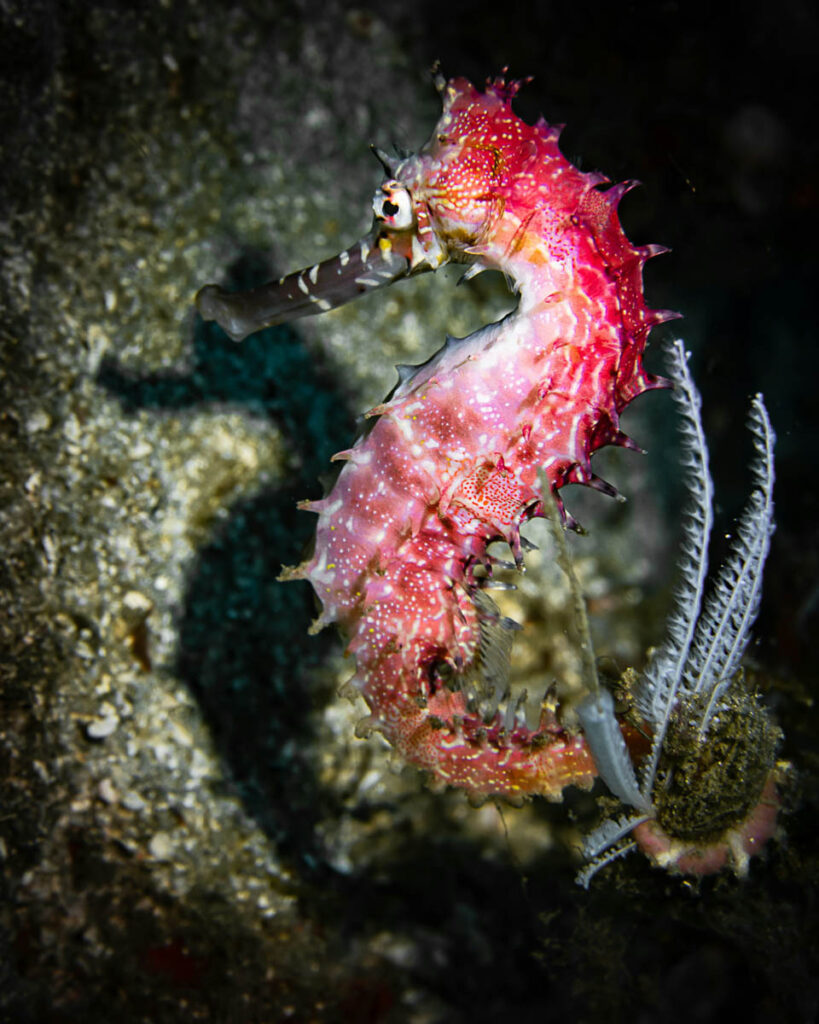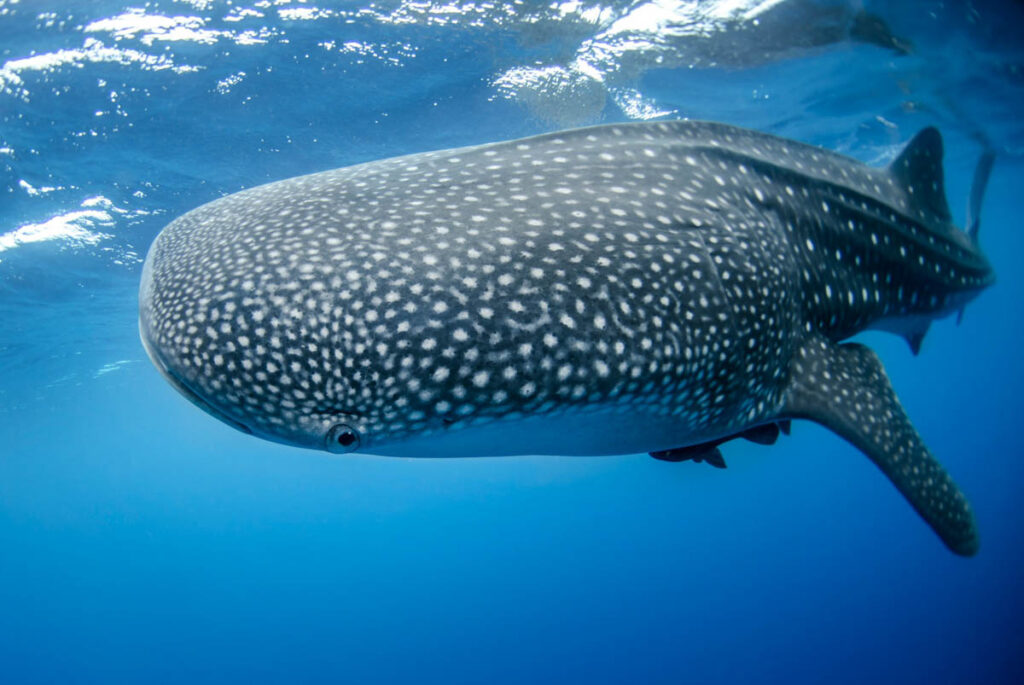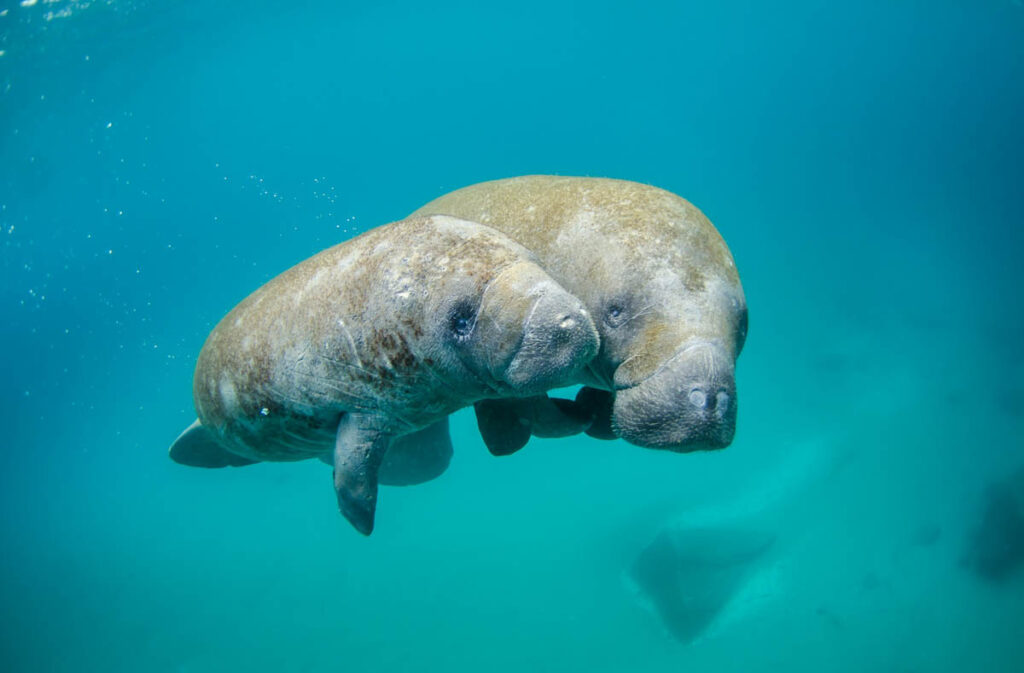Many people dream of going snorkeling and exploring the wonders of the underwater world, but it can seem daunting at first. Thankfully, you don’t need weeks of training to get started and you don’t have to be an excellent swimmer. With a few pieces of equipment and an adventurous attitude, you will be exploring in no time.
As a snorkeler, you can swim alongside whale sharks, encounter gentle manatees, or drift over vibrant coral reefs on your vacation. Snorkeling gives you an up-close-and-personal glimpse into the lives of some of the most fascinating creatures on the planet.
With these amazing encounters though, comes a certain level of responsibility. Snorkeling can negatively impact the marine life you interact with if not done correctly. By following these snorkeling tips, you will stay safe in the water and protect marine life from harm.
Don’t touch
Although the urge to interact with marine life can be strong, please resist the urge to touch or handle marine life, as this can disturb their natural defenses or introduce harmful substances from your skin.
Even seemingly harmless contact can adversely affect creatures with delicate skin or protective coatings. Your hands can carry oils, lotions, and other contaminants that may harm marine life. Adhering to a strict ‘no touching’ policy is essential for their well-being.
Unfortunately, some marine life can also have defensive mechanisms that could potentially harm you, even if they don’t mean to. Fire coral and hydroids can be particularly harmful to human bare skin when brushed up against, and creatures such as sea urchins and stingrays can pack a powerful punch when stepped on. Therefore, it is always essential not to touch marine life when snorkeling.
Don’t chase or approach marine life
Stay relaxed and just float at the surface when you are watching marine life. Chasing and approaching animals scares them away and causes some species to retreat and hide. You will get to see more by passively observing all that is going on and remaining still at the surface.
This fosters more natural interactions with curious fish and marine mammals. By being patient and still, you can create an environment where marine life feels safe, and, in turn, you could be rewarded with a once-in-a-lifetime encounter.
Mind your fins
Fins are an essential component of your snorkeling experience. Without them, you will get tired quickly and cannot go far. However, if not used properly, your fins can cause accidental damage to the environment you are trying to explore. It only takes one strong kick to break off a decade’s worth of coral growth or damage other reef life such as sponges, sea fans, and gorgonians.
Using your fins properly does not take much effort. Be conscious of your fin movements and practice controlled kicking to navigate through the water without causing accidental damage or unintended contact with marine life.
While floating at the water’s surface, elevate your fins slightly to avoid stirring up sediment, keeping the water clear for both you and marine life. Being aware of your fins throughout your snorkeling adventure will leave behind an underwater world as pristine and undisturbed as you found it.
Use reef-safe sunscreen
Using reef-safe sunscreen is an essential part of being a responsible snorkeler. Traditional sunscreens often contain chemicals, such as oxybenzone and octinoxate, which are harmful to coral reefs. These toxic chemicals have several negative effects on marine life and the underwater environment.
One of the most prominent issues is how sunscreen contributes to coral bleaching, where corals expel their symbiotic algae, causing them to lose their vibrant colors and making them more susceptible to stress and disease. These chemicals can also accumulate in marine mammal tissues, inhibit green algae growth, and decrease fertility in fish, amongst other things.
Reef-safe sunscreens are typically mineral-based and use zinc oxide or titanium dioxide as their main ingredients. These mineral-based sunscreens act as a physical barrier on the skin, reflecting UV rays without releasing harmful substances into the water.
By choosing reef-safe sunscreens, you not only safeguard your skin but also contribute to the well-being of marine ecosystems. Prioritizing reef-safe options is a conscious and impactful choice, ensuring that your snorkeling adventures do not compromise the health of the underwater environments you treasure.
Educate yourself
Learning more about the underwater world you are exploring makes your snorkel dives much more enjoyable! You will know more about what you are seeing and how to get the most out of every marine life encounter.
SSI offers many conservation-minded courses for snorkelers and scuba divers. You can learn how to identify fish, how to swim safely with manta rays and sharks or dive into the fascinating world of sea turtles and marine mammals. Whatever your interest, there is a program for you. Learn more by visiting SSI’s Environmental Specialty Programs page.

Photo by Mikhail Preobrazhenskiy on Unsplash
Famed underwater explorer Jacques Cousteau is quoted as saying “People protect what they love, they love what they understand, and they understand what they are taught”. To dive deeper into protecting the world’s aquatic environments, join the SSI Blue Oceans movement.
By taking this free educational course, you will learn more ways to help support the conservation and sustainable use of our world’s aquatic environments. By becoming an active SSI Blue Oceans participant, you become a snorkeler who does not just explore the water but is a steward of the ocean.









